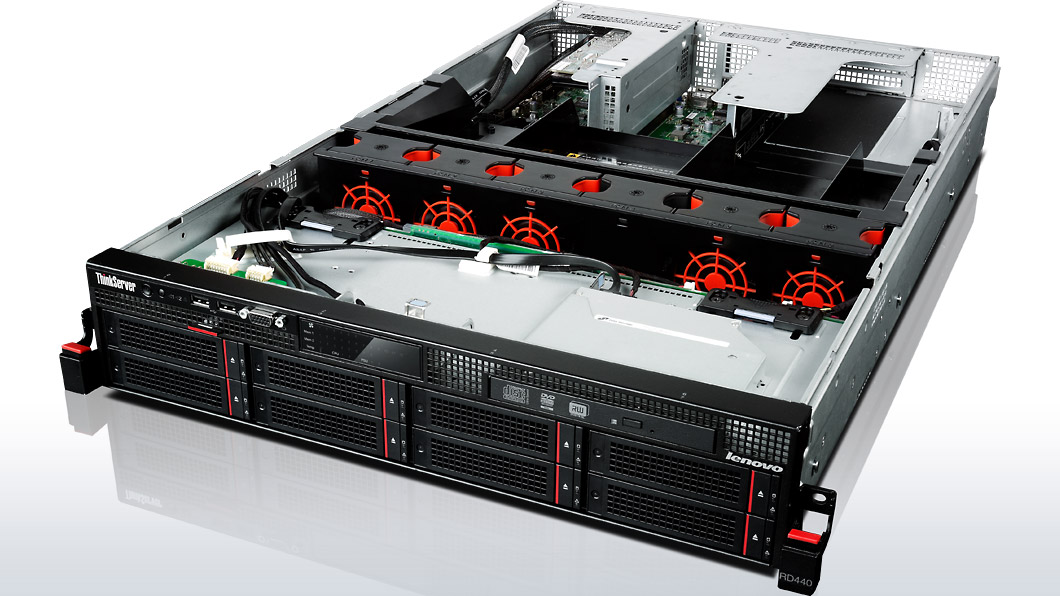Selection Criteria for SSDs for RAID Applications in Enterprise Server and Data Center Environments.
keencomputer.com can help you with some information about enterprise SSDs for RAID applications in server and data center environments.
Enterprise SSDs are high-performance solid-state drives that use flash memory to store data. They offer faster speed, lower latency, higher reliability, and lower power consumption than traditional hard disk drives (HDDs). Enterprise SSDs are suitable for applications that require high I/O performance, such as databases, virtualization, analytics, and cloud computing. [1](^1^)
RAID is a technology that combines multiple disk drives into a single logical unit, which improves storage performance and data protection. RAID can be implemented using hardware or software, and there are different RAID levels that offer different trade-offs between speed, redundancy, and capacity. RAID can be used with both HDDs and SSDs, but SSDs have some advantages over HDDs in RAID configurations, such as faster rebuild times, lower failure rates, and lower heat generation. [2](^2^)
To purchase enterprise SSDs for RAID applications, you need to consider several factors, such as:
- The RAID level you want to use. Different RAID levels have different requirements for the number and type of drives, as well as the performance and capacity they provide. For example, RAID 0 is the fastest but offers no redundancy, while RAID 1 is the simplest but halves the usable capacity. RAID 5 and 6 offer a balance between performance and redundancy, but require at least three and four drives, respectively. RAID 10 combines RAID 0 and 1 for both speed and redundancy, but requires at least four drives and reduces the usable capacity by half. [2](^2^)
- The interface and form factor of the drives. Enterprise SSDs can use different interfaces, such as SATA, SAS, or NVMe, to connect to the host system. SATA is the most common and compatible, but also the slowest. SAS is faster and more reliable than SATA, but also more expensive and less widely supported. NVMe is the fastest and most scalable, but also the most expensive and requires a PCIe slot. Enterprise SSDs can also have different form factors, such as 2.5-inch, 3.5-inch, M.2, or U.2, which affect the physical size and installation of the drives. You need to make sure that the drives you choose are compatible with your RAID controller and your server chassis. [3](^3^) [4](^4^)
- The endurance and features of the drives. Enterprise SSDs have different endurance ratings, which measure how much data they can write before they wear out. Endurance is measured in terabytes written (TBW) or drive writes per day (DWPD), and depends on the quality and type of the flash memory, as well as the firmware and overprovisioning of the drives. Enterprise SSDs also have different features, such as power loss protection, encryption, error correction, and firmware updates, that enhance their reliability and security. You need to choose drives that have high endurance and strong features for your RAID applications. [3](^3^)
- The warranty and support of the drives. Enterprise SSDs usually come with a longer warranty and better support than consumer SSDs, which reflects their higher quality and price. The warranty typically covers the drive for a certain period of time or until a certain amount of data is written, whichever comes first. The support typically includes technical assistance, firmware updates, and replacement services. You need to choose drives that have a warranty and support that match your expectations and needs. [3](^3^)
Some examples of good enterprise SSDs for RAID applications are:
- Samsung PM1633a: This is a 2.5-inch SAS SSD that offers high performance, capacity, and endurance. It has a sequential read speed of up to 1,200 MB/s and a sequential write speed of up to 1,000 MB/s. It has a capacity of up to 15.36 TB and an endurance of up to 15 DWPD. It has power loss protection, encryption, and error correction features. It has a 5-year warranty and a 24/7 support service. [3](^3^)
- Micron 5100 ECO: This is a 2.5-inch SATA SSD that offers high performance, capacity, and efficiency. It has a sequential read speed of up to 540 MB/s and a sequential write speed of up to 520 MB/s. It has a capacity of up to 7.68 TB and an endurance of up to 2 DWPD. It has power loss protection, encryption, and error correction features. It has a 5-year warranty and a 24/7 support service. [3](^3^)
- Intel DC D7 series: This is a 2.5-inch NVMe SSD that offers high performance, capacity, and scalability. It has a sequential read speed of up to 3,200 MB/s and a sequential write speed of up to 2,000 MB/s. It has a capacity of up to 7.68 TB and an endurance of up to 3 DWPD. It has power loss protection, encryption, and error correction features. It has a 5-year warranty and a 24/7 support service. [3](^3^)
I hope this information helps you with your purchase decision. If you have any more questions, feel free to ask me.
References
(1) Accelerate Your Server Performance with SSD RAID Arrays. https://www.kingston.com/en/blog/servers-and-data-centers/accelerate-your-server-performance-with-ssd-raid.
(2) Benefits of Solid-state Drives RAID Arrays in Data Centers. https://www.spiceworks.com/tech/hardware/guest-article/ssds-solid-state-drives-raid-arrays-benefits-data-center/.
(3) Benefits of Solid-state Drives RAID Arrays in Data Centers. https://www.spiceworks.com/tech/hardware/guest-article/ssds-solid-state-drives-raid-arrays-benefits-data-center/.
(4) Can SSD be used for RAID? - Darwin's Data. https://darwinsdata.com/can-ssd-be-used-for-raid/.
(5) Enterprise SAS-SSD Drives. https://serverdiskdrives.com/blogs/server-hardware/enterprise-sas-ssd-drives.
(6) Can SSD be used for RAID? - Darwin's Data. https://darwinsdata.com/can-ssd-be-used-for-raid/.
(7) Can SSD be used for RAID? - Darwin's Data. https://darwinsdata.com/can-ssd-be-used-for-raid/.
(8) Can SSD be used for RAID? - Darwin's Data. https://darwinsdata.com/can-ssd-be-used-for-raid/.
(9) Can SSD be used for RAID? - Darwin's Data. https://darwinsdata.com/can-ssd-be-used-for-raid/.
(10) Can SSD be used for RAID? - Darwin's Data. https://darwinsdata.com/can-ssd-be-used-for-raid/.
(11) RAIDing the Future: How SSD-based RAIDs are Energizing Storage .... https://phisonblog.com/raiding-the-future-how-ssd-based-raids-are-energizing-storage-technology-for-data-centers/.
